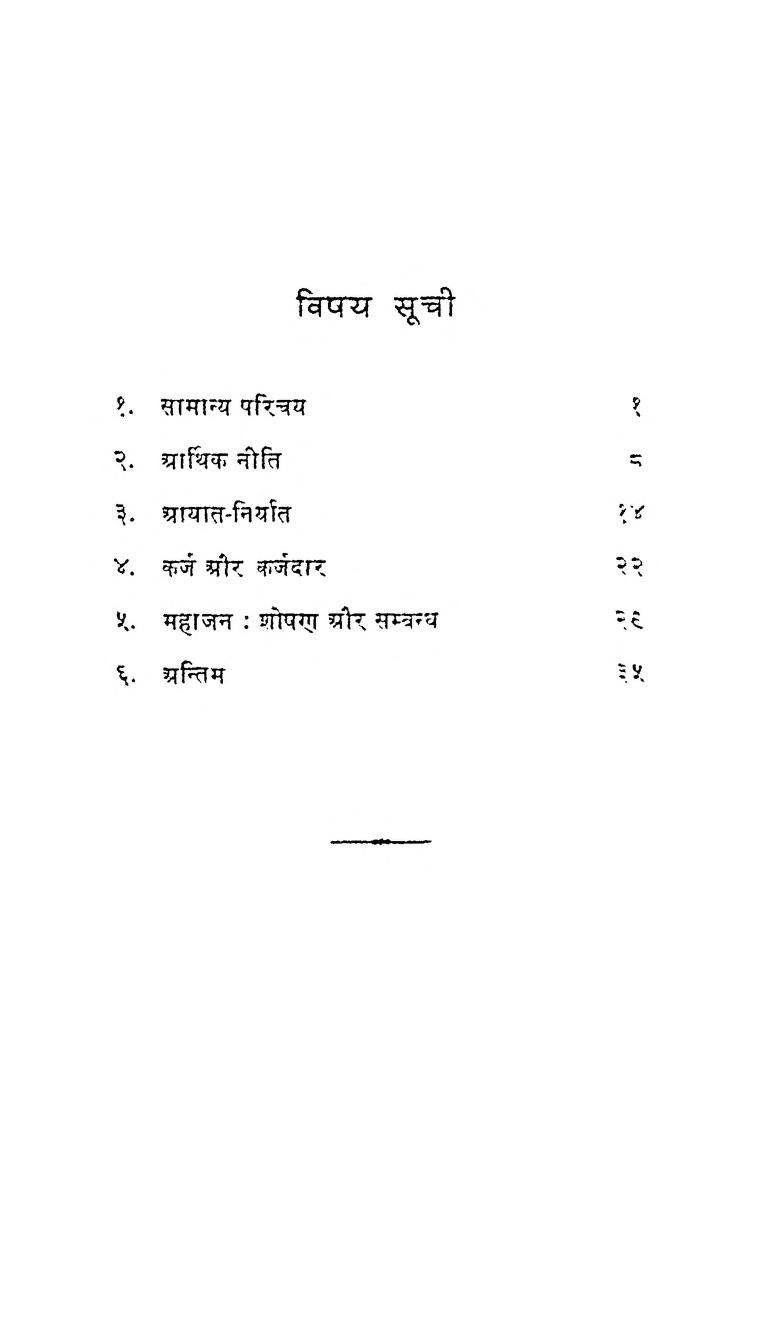0068 Language, Subjectivity, And Freedom In Rousseau's Moral Philosophy
Added by: igor_kaufman
Added Date: 2020-08-24
Language: English
Subjects: Rousseau, enlightenment philosophy
Collections: folkscanomy philosophy, folkscanomy, additional collections
Pages Count: 150
PPI Count: 150
PDF Count: 2
Total Size: 278.50 MB
PDF Size: 129.9 MB
Extensions: pdf, gz, html, zip, torrent
Downloads: 209
Views: 259
Total Files: 17
Media Type: texts
Total Files: 9

Last Modified: 2020-08-24 16:41:49
Size: 118.22 MB

Last Modified: 2024-02-02 18:04:16
Size: 11.68 MB

Last Modified: 2020-08-24 17:18:46
Size: 6.90 MB

Last Modified: 2024-02-02 17:45:38
Size: 6.04 MB

Last Modified: 2024-02-02 17:54:28
Size: 601.72 KB

Last Modified: 2024-02-02 17:54:12
Size: 2.97 KB

Last Modified: 2024-02-02 17:54:21
Size: 173.73 KB

Last Modified: 2020-08-24 16:49:16
Size: 115.78 MB

Last Modified: 2024-02-02 18:04:43
Size: 15.77 KB

 Share on Telegram
Share on Telegram


